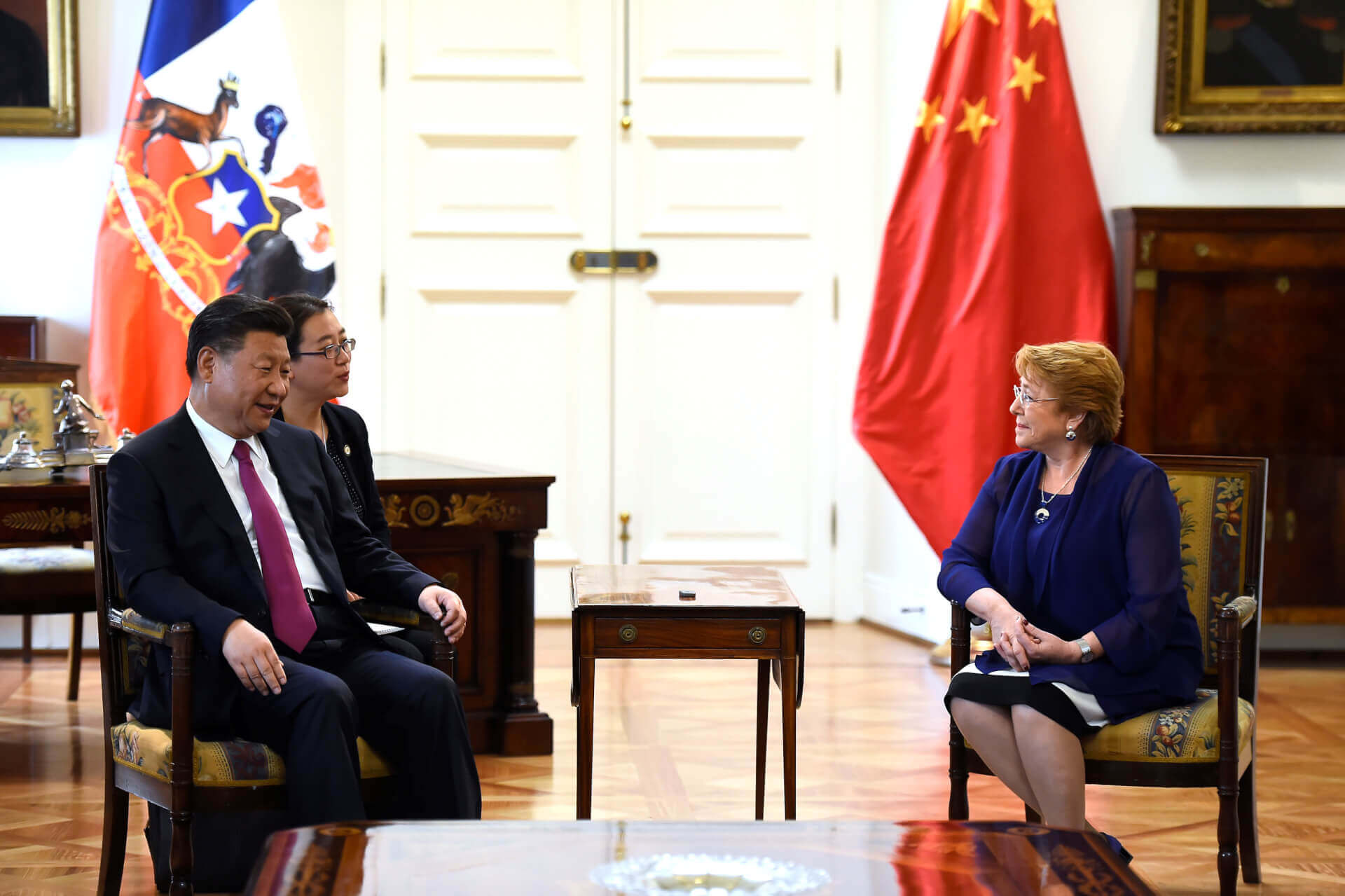China has agreed to allow the United Nations (UN) human rights chief to visit Xinjiang “in the first half of 2022 after the Beijing Winter Olympics,” according to a report by the South China Morning Post (SCMP).
According to unnamed sources cited by SCMP, UN High Commissioner for Human Rights Michelle Bachelet recently secured Beijing's approval to visit the secretive region sometime after the games, which are set to be held between February 4-20.
However, Beijing has set forth the prerequisite that the trip must be “friendly” in nature and not disguised as “an investigation with the presumption of guilt.” China has also requested that Bachelet’s office hold off on publishing a report into Xinjiang ahead of the Olympics, as requested by Washington.
The UN’s human rights office had announced in September that it was finalising its assessment report of the situation in Xinjiang. Affirming this, a spokesperson for Bachelet said in December that the office was expecting to publish its report “in the coming weeks”.
#China says it will welcome @UN Rights Chief Michelle Bachelet for a visit that is "friendly" and "not framed as an investigation".
— World Uyghur Congress (@UyghurCongress) January 27, 2022
These are unacceptable terms for a visit, @mbachelet: the suffering of millions of #Uyghurs demands a proper investigation.https://t.co/4xj7ewDKzo
Bachelet has been negotiating to gain access to China’s Xinjiang province since September 2018 in order to look into reports of serious violations against the Uighur minority. The UN chief has been under increasing pressure from the West to secure unrestricted access to the secretive Chinese province, where at least one million Uyghurs, a largely Muslim ethnic group, are reported to have been detained.
Last February, UN spokesperson Stephane Dujarric renewed calls for a visit by the Office of the High Commissioner for Human Rights to the Muslim-majority Chinese autonomous region of Xinjiang, following the release of a BBC report alleging that Uyghur women have been “systematically raped, sexually abused, and tortured” in the supposed “re-education camps”. Several former detainees and a guard gave the BBC rare first-hand accounts of what goes on inside the internment camps, reporting that “they experienced or saw evidence of an organized system of mass rape, sexual abuse, and torture.”
The rhetoric between China and the West over Beijing’s human rights record has been heating up in recent months as the Winter Olympics approach. Several countries, including the United States, United Kingdom, Canada, Australia, and Japan, have announced diplomatic boycotts of the Beijing Olympics over humanitarian concerns.
Echoing these concerns, human rights watchdog Amnesty International warned earlier this month that the international community must be wary of being “complicit in a propaganda exercise” by China, who might misuse the upcoming Winter Olympics in Beijing as a “sportswashing opportunity.” The group has recently been using the term to describe the practice of nations covering up their poor human rights record through sporting events.
The organisation fears that China will use the Games as a front to distract from its human rights violations against Uyghur Muslims and in Hong Kong, especially because its human rights situation has exacerbated and is now worse than when it hosted the Summer Olympics in 2008.

